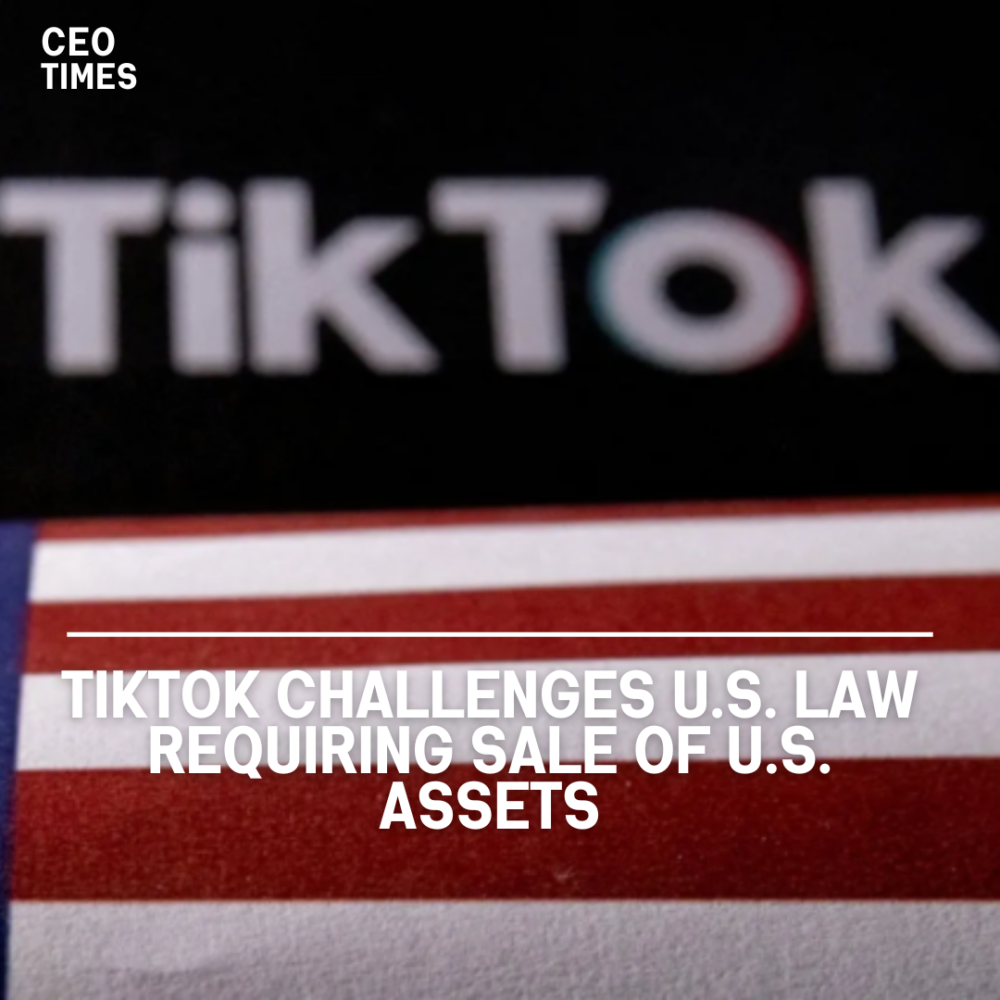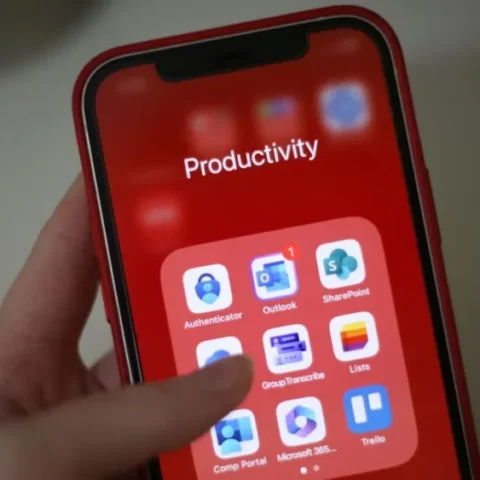On Thursday, TikTok argued before a federal appeals court that the U.S. Department of Justice (DOJ) has misrepresented the social media app’s connections to China. TikTok is seeking to overturn a law that mandates ByteDance, TikTok’s China-based parent company, to sell TikTok’s U.S. assets or face a ban.
Claims of National Security Risks:
The DOJ contends that TikTok poses a national security threat by potentially allowing the Chinese government to access American user data and influence content visibility. TikTok disputes these claims, stating that the app’s content recommendation system and user data are stored in the U.S. on cloud servers operated by Oracle. Additionally, content moderation decisions for U.S. users are made domestically.
Signed by President Joe Biden on April 24, the law requires ByteDance to divest TikTok’s U.S. assets by January 19, 2025, or face a ban. The White House supports the end of Chinese ownership for national security reasons but opposes an outright ban on TikTok.
Upcoming Court Proceedings:
The appeals court is scheduled to hold oral arguments on the legal challenge on September 16. This hearing will occur just weeks before the November 5 presidential election, adding political significance to the case.
- Donald Trump: The Republican presidential candidate has opposed a TikTok ban, stating in June that he would never support such a measure.
- Kamala Harris: The Democratic vice-presidential candidate joined TikTok in July as part of her campaign strategy, emphasizing social media engagement.
Free-Speech Concerns:
TikTok argues that the law infringes on the company’s free-speech rights, challenging the DOJ’s claim that the U.S. Constitution does not protect the app’s content curation decisions. The company compares the situation to a U.S. newspaper republishing content from a foreign publication, asserting that such speech should be constitutionally protected.
Impact on App Stores and Hosting Services:
The law prohibits app stores like Apple and Alphabet’s Google from offering TikTok and bars internet hosting services from supporting the app unless ByteDance divests its stake. Congress rapidly passed the measure due to concerns that China could use the app to access or spy on American users.




















